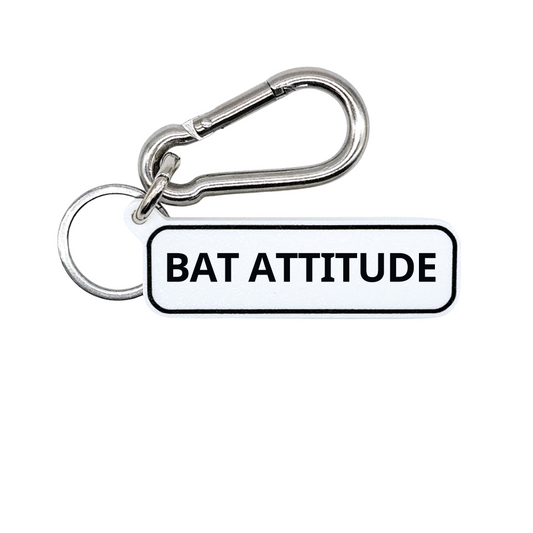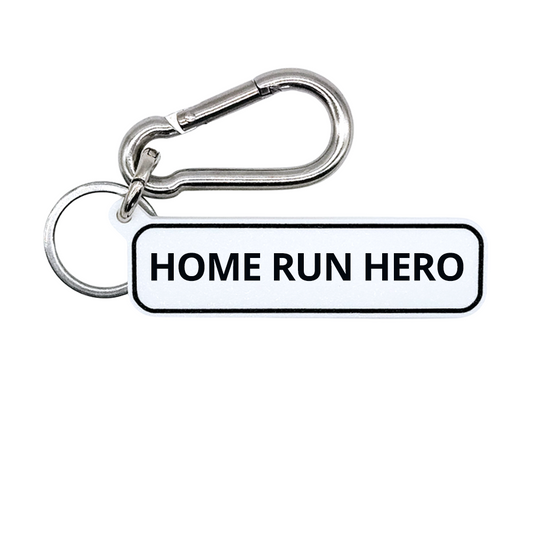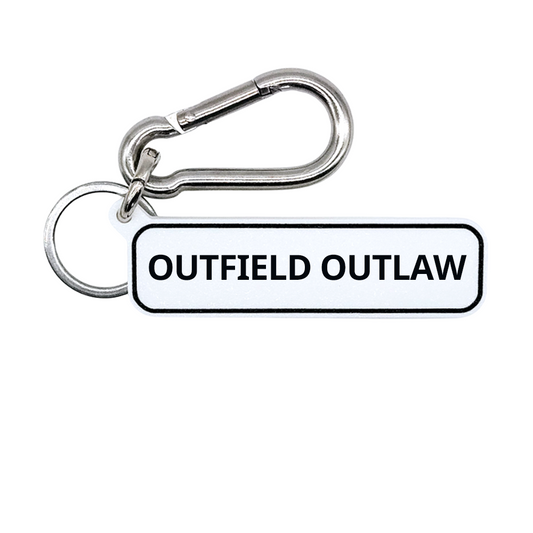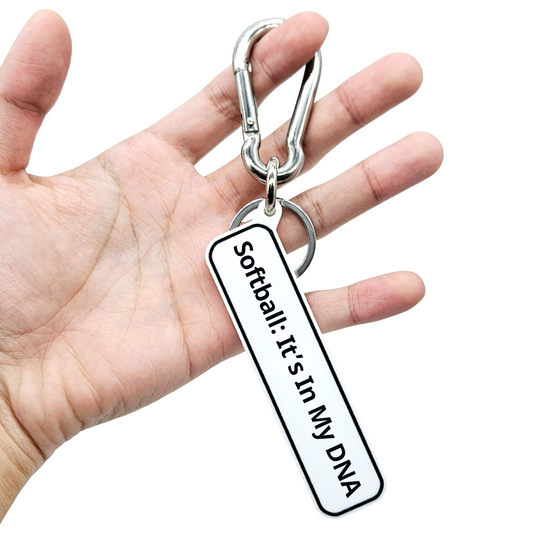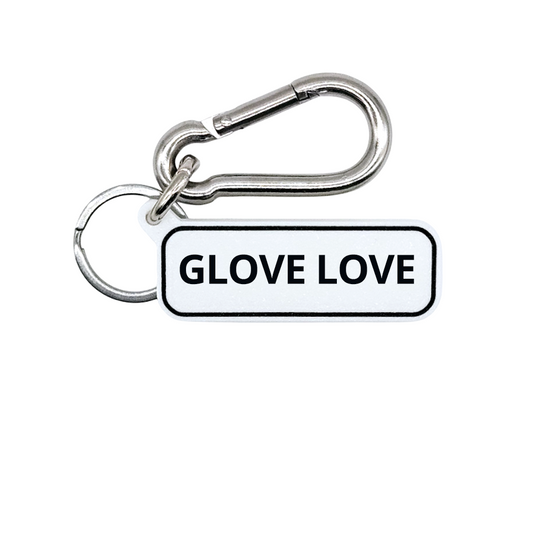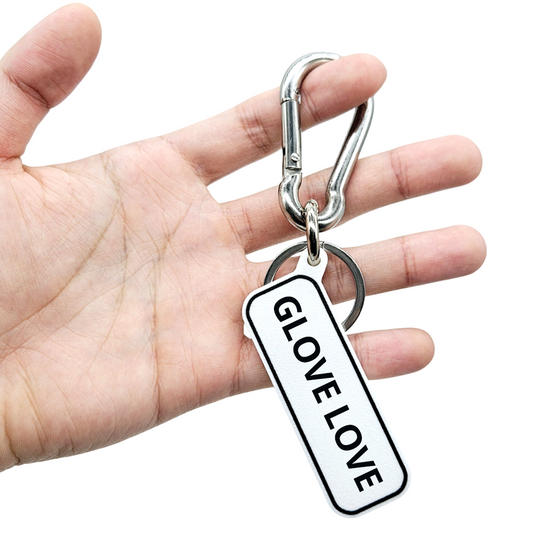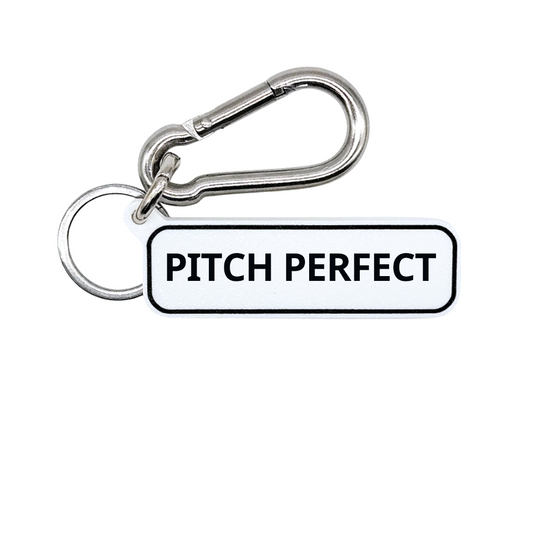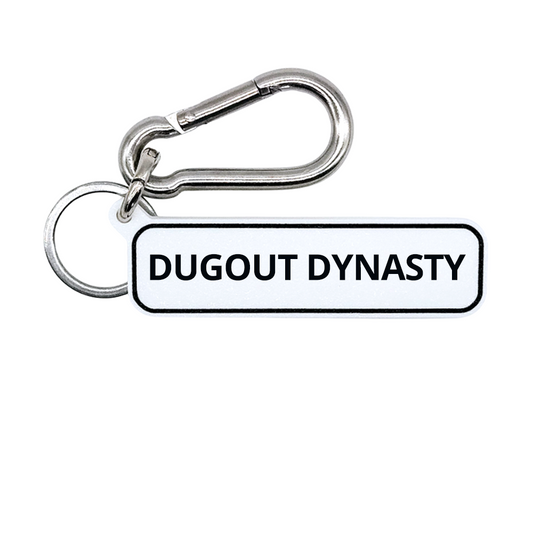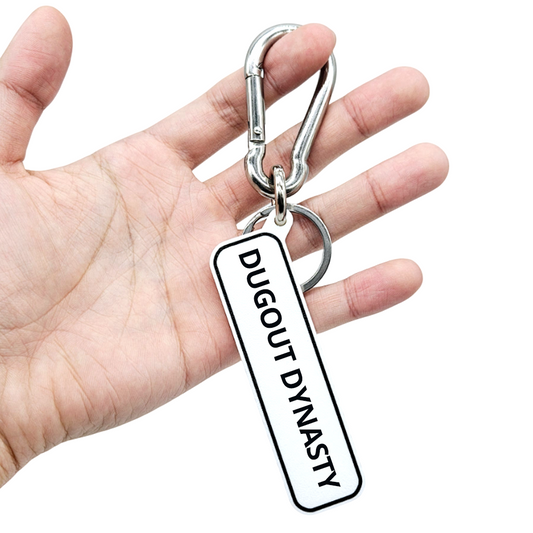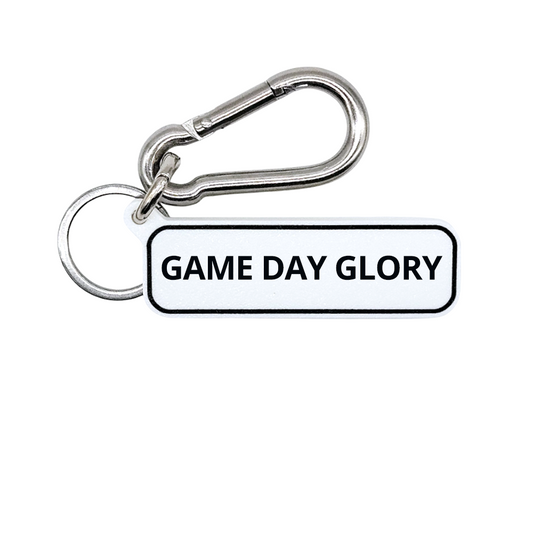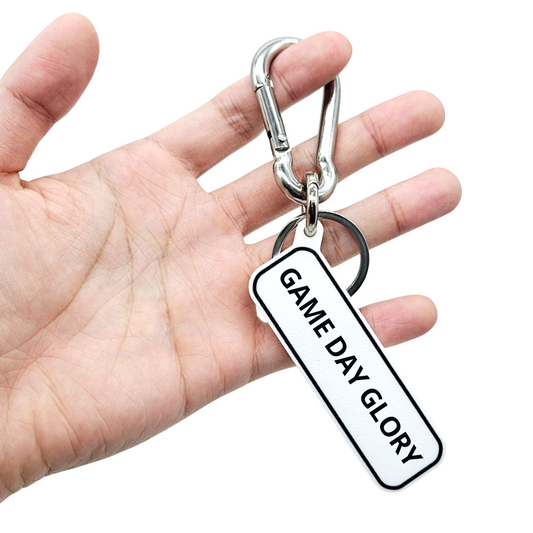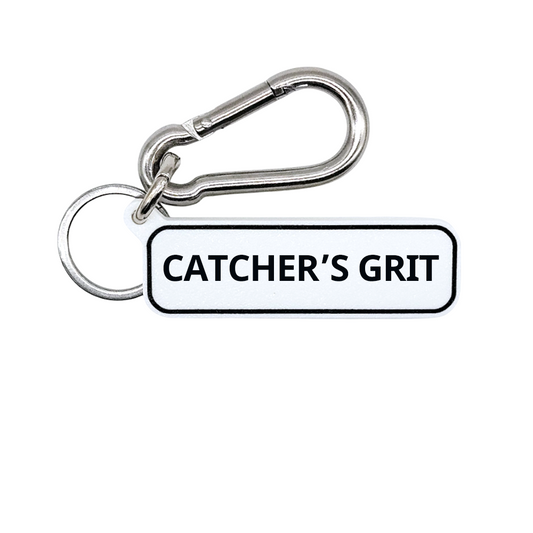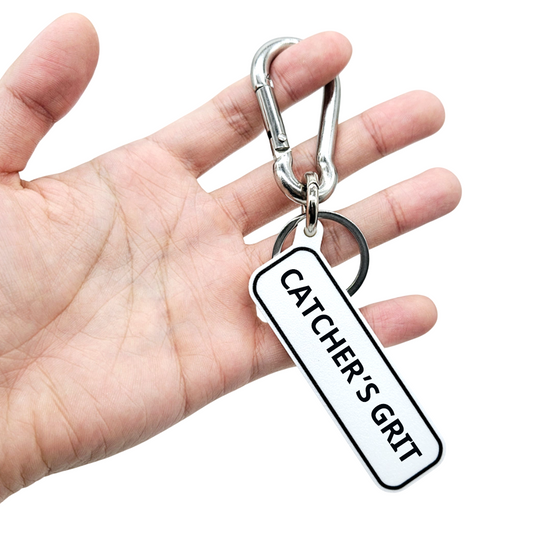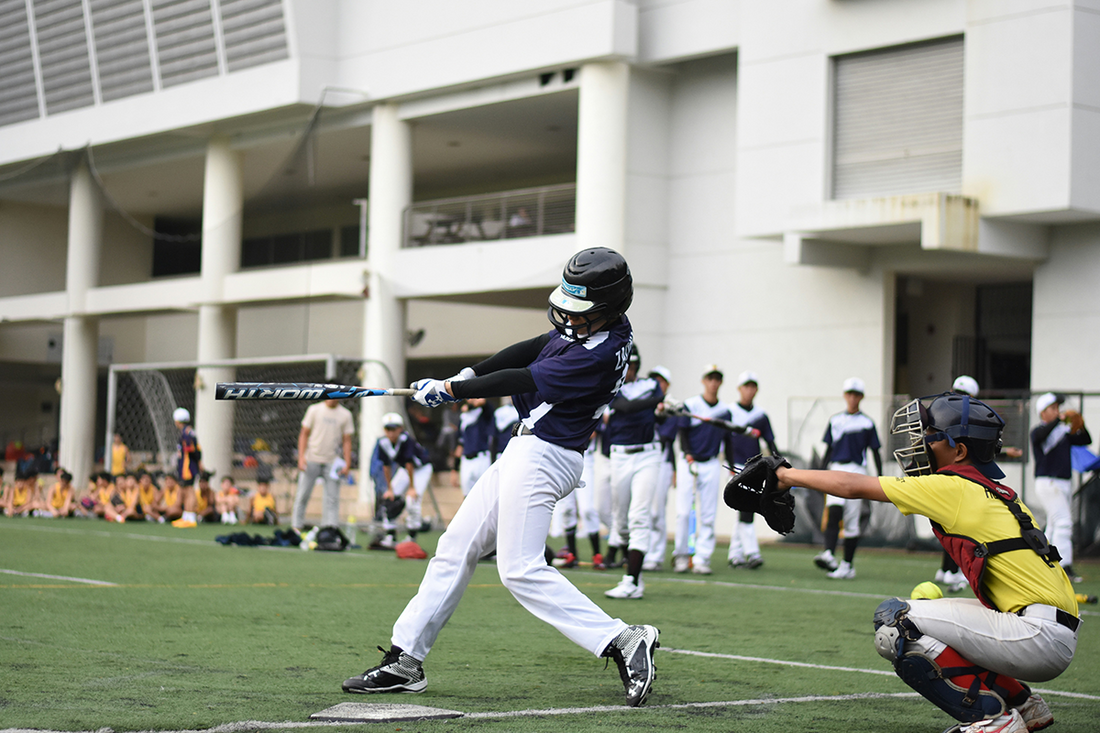
50 Softball Quotes That Turn Errors Into Lessons
Share
The 50 quotes (quote — short lesson)
- “Errors are the roadmap to better play.” — Track one repeat error and drill it until it isn’t.
- “A dropped ball is data, not defeat.” — Log what happened and fix one technique next practice.
- “Mistakes teach louder than wins.” — Turn post-game talk into specific “what to adjust” steps.
- “Swing. Miss. Adjust. Repeat.” — Make micro-adjustments, one swing at a time.
- “Every error points to one next step.” — Choose that step and practice it five minutes a day.
- “Good players recover; great players learn.” — Focus on the fix, not the regret.
- “Errors build muscle memory for success.” — Repetition with feedback is your friend.
- “A coach’s job: turn errors into experiments.” — Try one new drill and measure progress.
- “Fail fast, correct faster.” — Shorten the feedback loop between mistake and correction.
- “The scoreboard is small; progress is big.” — Celebrate improvements, even off the stat sheet.
- “One error doesn’t define the inning.” — Reset mentally and play the next play.
- “Mistakes sharpen the focus for the next pitch.” — Use a breathing cue to refocus.
- “Errors expose what you haven’t practiced enough.” — Add a targeted drill to practice plan.
- “A missed catch is a lesson wrapped in a glove.” — Break down the catch step-by-step.
- “Errors teach humility and hustle.” — Use mistakes to fuel extra effort, not self-blame.
- “The best teams study errors together.” — Make team film or walk-throughs a habit.
- “Drop the blame; pick up the plan.” — Replace excuses with an action item.
- “Errors are temporary; habits are lasting.” — Build a small better habit after every mistake.
- “Turn an error into a challenge.” — Give yourself a short challenge: 10 perfect reps.
- “Errors are coaching opportunities disguised as setbacks.” — Coaches: be specific, constructive, quick.
- “A mistake shows where attention belongs.” — Refocus your attention in the next play.
- “Errors are the tuition you pay for skill.” — Pay attention; you’re investing in improvement.
- “Bouncebacks start with one positive action.” — Replace a negative thought with one correction.
- “A single error fuels smarter practice.” — Practice intentionally, not endlessly.
- “Mistakes reveal the weak link in the chain.” — Strengthen that link with targeted reps.
- “The best players’ notebooks are full of errors and fixes.” — Keep a small correction log.
- “Errors are proof you’re pushing limits.” — Stretch your skills; expect learning bumps.
- “A missed play is a future highlight in progress.” — Track the transformation.
- “Make mistakes public, fixes private.” — Share ownership; work quietly on the fix.
- “Errors force adjustments that wins don’t.” — Embrace them — they accelerate growth.
- “One error today, one better play tomorrow.” — Set a clear practice goal tied to the mistake.
- “Use errors as warm-ups for doing it right.” — Start drills with the common mistake, then correct.
- “Mistakes remove illusions about mastery.” — Real growth comes from seeing what’s missing.
- “Errors are the unanswered questions of the game.” — Ask: why did it happen? Then answer with practice.
- “The rebound from error shows character.” — Teach recovery routines for mental toughness.
- “Slips teach positioning better than praise ever will.” — Revisit footwork and angles.
- “Errors force you to simplify.” — Eliminate complexity until fundamentals are solid.
- “The quickest fix is usually the most basic skill.” — Recenter on grip, stance, or eye focus.
- “Err once, learn twice.” — Reinforce learning with immediate practice.
- “Errors are tiny mirrors — they reflect what needs work.” — Look, accept, and act.
- “Turn frustration into curiosity.” — Ask “what if” and test the idea in practice.
- “Mistakes remove ego from improvement.” — Humility makes room to absorb coaching.
- “Errors highlight the next drill on the list.” — Prioritize practice time accordingly.
- “A team that learns from errors wins together.” — Normalize constructive corrections.
- “Errors sharpen the mental game.” — Train routines to recover focus after mistakes.
- “Mistakes don’t erase effort; they redirect it.” — Channel energy into a smart correction.
- “Errors are temporary — skills are permanent.” — Work on skill-building, not regret.
- “A good coach sees the lesson before the error ends.” — Offer instant actionable feedback.
- “Mistakes create clearer goals.” — Turn the mistake into a measurable target.
- “Play, err, learn, repeat — that’s how champions are made.” — Keep the cycle intentional and continuous.

